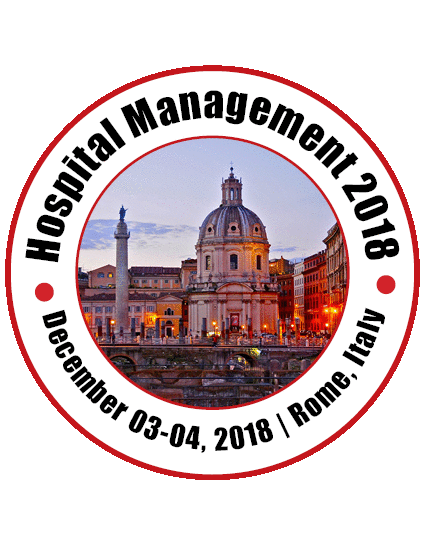
Claudio Beltramello
Padova University Medical School, Italy
Title: Beyond the barriers of healthcare management tools: An integrated approach in lean management, clinical pathways and clinical risk management
Biography
Biography: Claudio Beltramello
Abstract
In health care management a few approaches and tools exist: ISO certification, international accreditations, total quality management, lean management, clinical risk management, process management, project management, clinical pathways; health technology assessment, clinical audit and others.
The choice of one or another – the operation of matching the problem at stake to a particular tool according to its suitability for that class of issues – is rarely based on evidence. Instead, it usually depends on the manager’s personal attitudes (1). Moreover, literature shows that once a particular tool is picked up, it is then applied with a kind of “all or nothing” attitude, with its promoters aiming at demonstrating that the one applied is the only really effective (2, 3). As a matter of fact, commonalities and complementarities among different healthcare management tools/approaches are numerous, and a wider view is therefore pivotal for quality improvement purposes (4, 5). In an effort to adopt such a wider view (6), this work proposes an integration of three relevant tools: lean management, clinical risk management and clinical pathways. Their main goals are respectively: to reduce waste and improve value and efficiency; to reduce adverse events to patients and improve safety; to increase appropriateness linking clinical choices to the best available evidence and improve effectiveness.
All relevant documentation on the three tools stresses the importance of four similar steps:
a) An analysis of the actual process the patients go through and of the concrete activities performed by health personnel in wards/departments that need improvement.
b) A further examination of the processes involving patients and personnel through a specific lens:
- Lean management focuses on increasing value through the elimination of wastes (muda) with the application of dedicated tools (value stream map, visual management, 5S, pull system, kanban and others). (7)
- Proactive clinical risk management focuses on the identi-fication of the potentially dangerous steps applying the FMEA (Faiure Mode and Effect Analysis) in order to “close the holes in the cheese” before an adverse event might occur to a patient. (8)
- Clinical pathways focus on the reduction of variability among health professionals by means of an alignment of diagnostic and therapeutic decisions with the recommendations of the reference clinical guideline. (9)
c) An overhaul of the process according to the optimal model worked out.
d) The actual implementation of the changes followed by monitoring and evaluation of the results using SMART indicators.
The times are ripe in healthcare management for removing barriers and integrating different approaches -getting the best out of each of them (10).
Depending on the context and the problems under scrutiny, value stream mapping (lean) or FMEA or clinical pathways can be more appropriate. What may result in critical advancement, however, is that, when it comes to the common step of process re-engineering, an integration of the three approaches is conducive to the improvement of several quality dimensions at once

